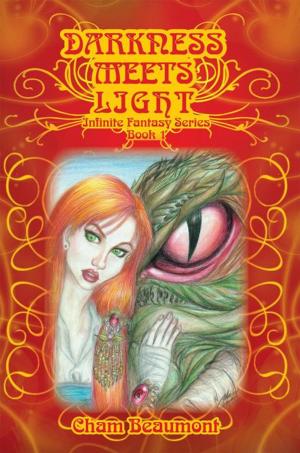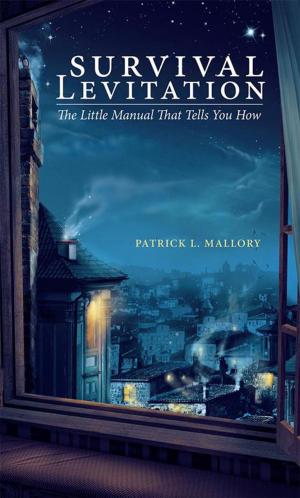Souls in the Mist
A Tale I Lived
Fiction & Literature, Family Life, Science Fiction & Fantasy, Fantasy, Contemporary| Author: | Monica del Valle | ISBN: | 9781504396363 |
| Publisher: | Balboa Press | Publication: | February 2, 2018 |
| Imprint: | Balboa Press | Language: | English |
| Author: | Monica del Valle |
| ISBN: | 9781504396363 |
| Publisher: | Balboa Press |
| Publication: | February 2, 2018 |
| Imprint: | Balboa Press |
| Language: | English |
Souls in the Mist: A tale I lived is a novel where the people, places and customs portrayed represent the
life of a rural community in Mexico in the time leading up to the Day of the Dead celebration.
The common thread of the story is an old woman who, as she goes from her house to the market, the
Church or cemetery during these festivity days, is encountering various inhabitants of the village.
As she and the rest of her neighbors are doing various tasks specifi c to those days, she is narrating her
life and sharing her thoughts and memories from the towns old days, and whenever she encounters
someone in the village, she takes us by the hand to the inside of that persons story.
The traditions associated with these festivities lend a magical aura to the plot of the novel, as the living
characters seem not only to reminisce but also to interact with the souls of the deceased. The reader
hears the voices of the villagers, and in their manner of speaking becomes witness to the towns deepest
soul. Its tone takes a page from the style of Magic Realism made famous by Gabriel Garca-Marquezs
One Hundred Years of Solitude, Juan Rulfos Pedro Pramo or Laura Esquivels Like Water for Chocolate.
Souls in the Mist: A tale I lived is a novel where the people, places and customs portrayed represent the
life of a rural community in Mexico in the time leading up to the Day of the Dead celebration.
The common thread of the story is an old woman who, as she goes from her house to the market, the
Church or cemetery during these festivity days, is encountering various inhabitants of the village.
As she and the rest of her neighbors are doing various tasks specifi c to those days, she is narrating her
life and sharing her thoughts and memories from the towns old days, and whenever she encounters
someone in the village, she takes us by the hand to the inside of that persons story.
The traditions associated with these festivities lend a magical aura to the plot of the novel, as the living
characters seem not only to reminisce but also to interact with the souls of the deceased. The reader
hears the voices of the villagers, and in their manner of speaking becomes witness to the towns deepest
soul. Its tone takes a page from the style of Magic Realism made famous by Gabriel Garca-Marquezs
One Hundred Years of Solitude, Juan Rulfos Pedro Pramo or Laura Esquivels Like Water for Chocolate.















